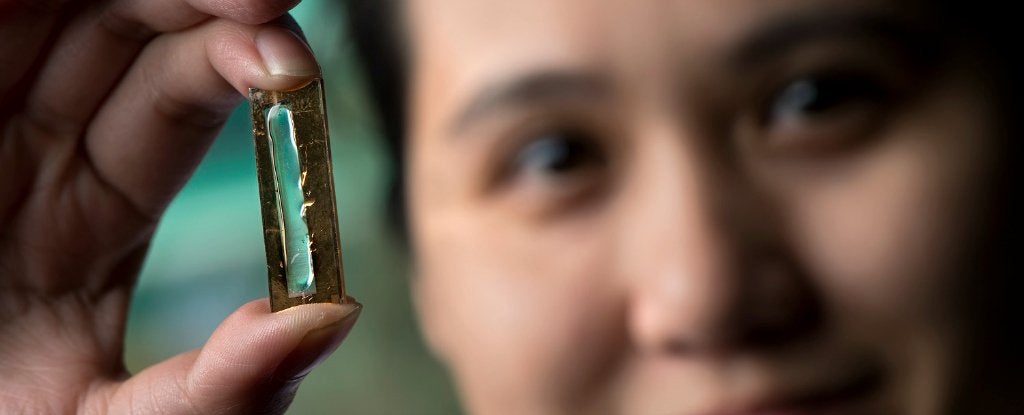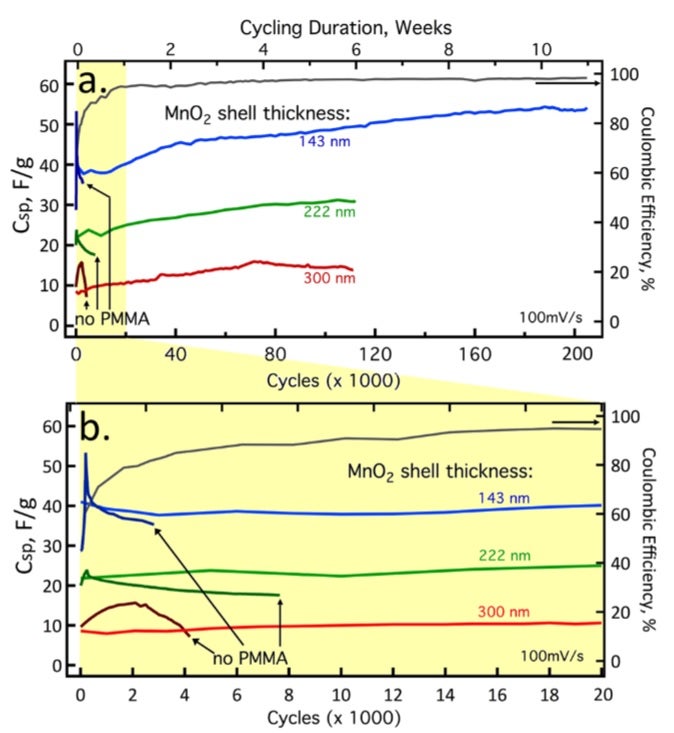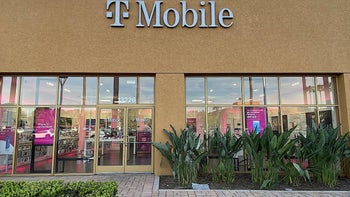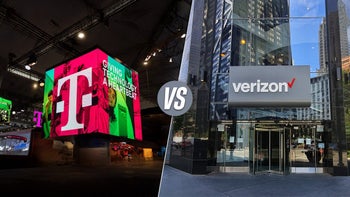Whoops! Researchers at UC Irvine “accidentally” create a battery with virtually no limit to recharge cycles

Photo credit Steve Zylius, UC Irvine
That is what researchers from the University of California, Irvine published last month in the American Chemical Society Letters. While looking at alternative designs to today’s current lithium-ion batteries, a team discovered not only a solid-state design, but a set-up that managed to cycle through 200,000 charges.
In lieu of liquid, the team used an electrolyte gel, and combined it with gold nanowires instead of lithium to store the electricity. As experiments proceeded, the design was found to be far more pliant than any battery system in use today.

During three months of testing, and 200,000 charging cycles, the team at UC Irvine saw no reduction in charge capacity, or observe any damage inside the battery.
This does not have any immediate impact for us at the consumer level, we have shared news about apparent battery breakthroughs before. From “non-flammable” lithium ion cells, to “new discoveries,” and “new technologies.” Indeed, better batteries, and battery life in general, are a unicorn in an area where we have seen very slow progress over the years.
via: Science Hook










Things that are NOT allowed: